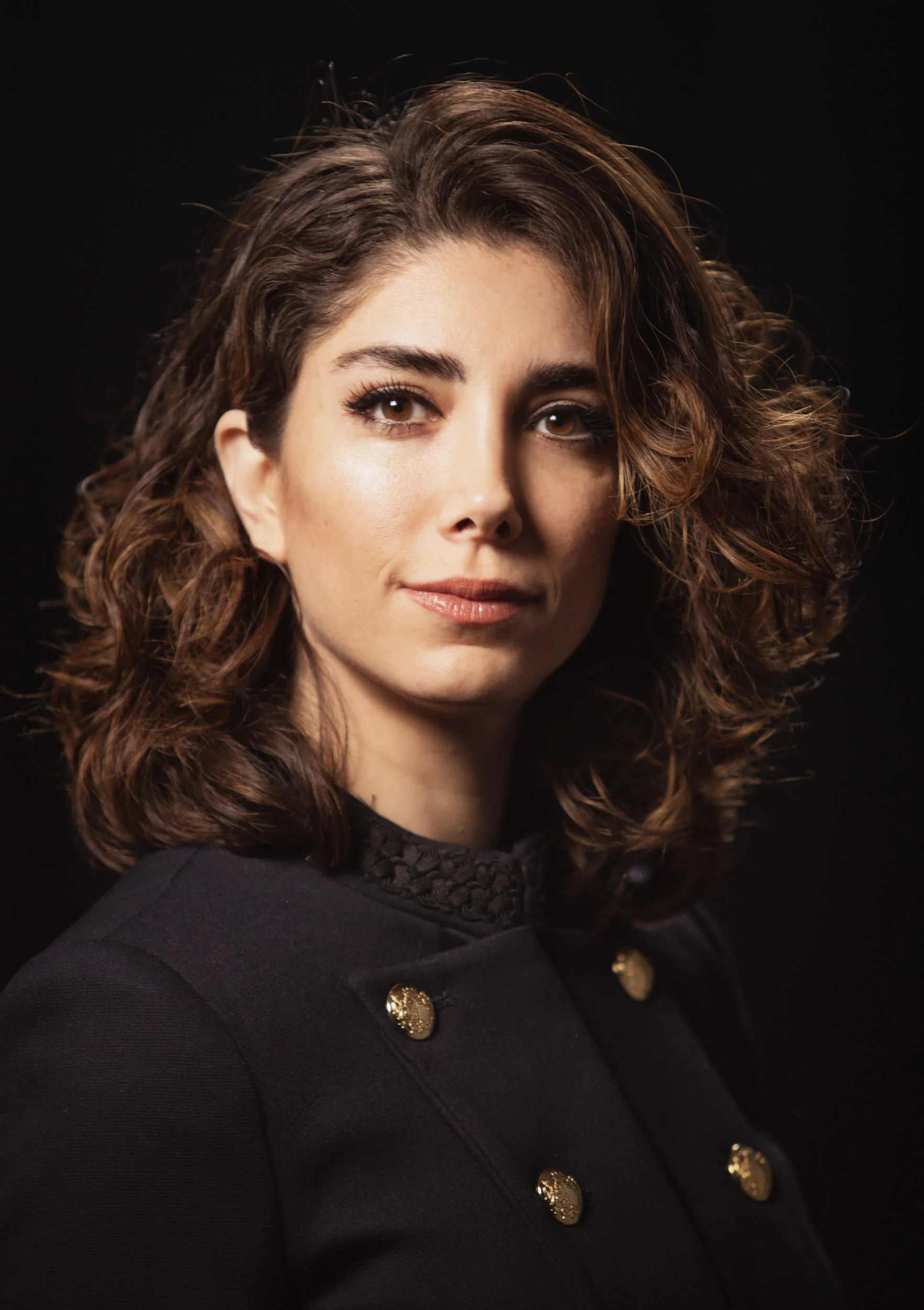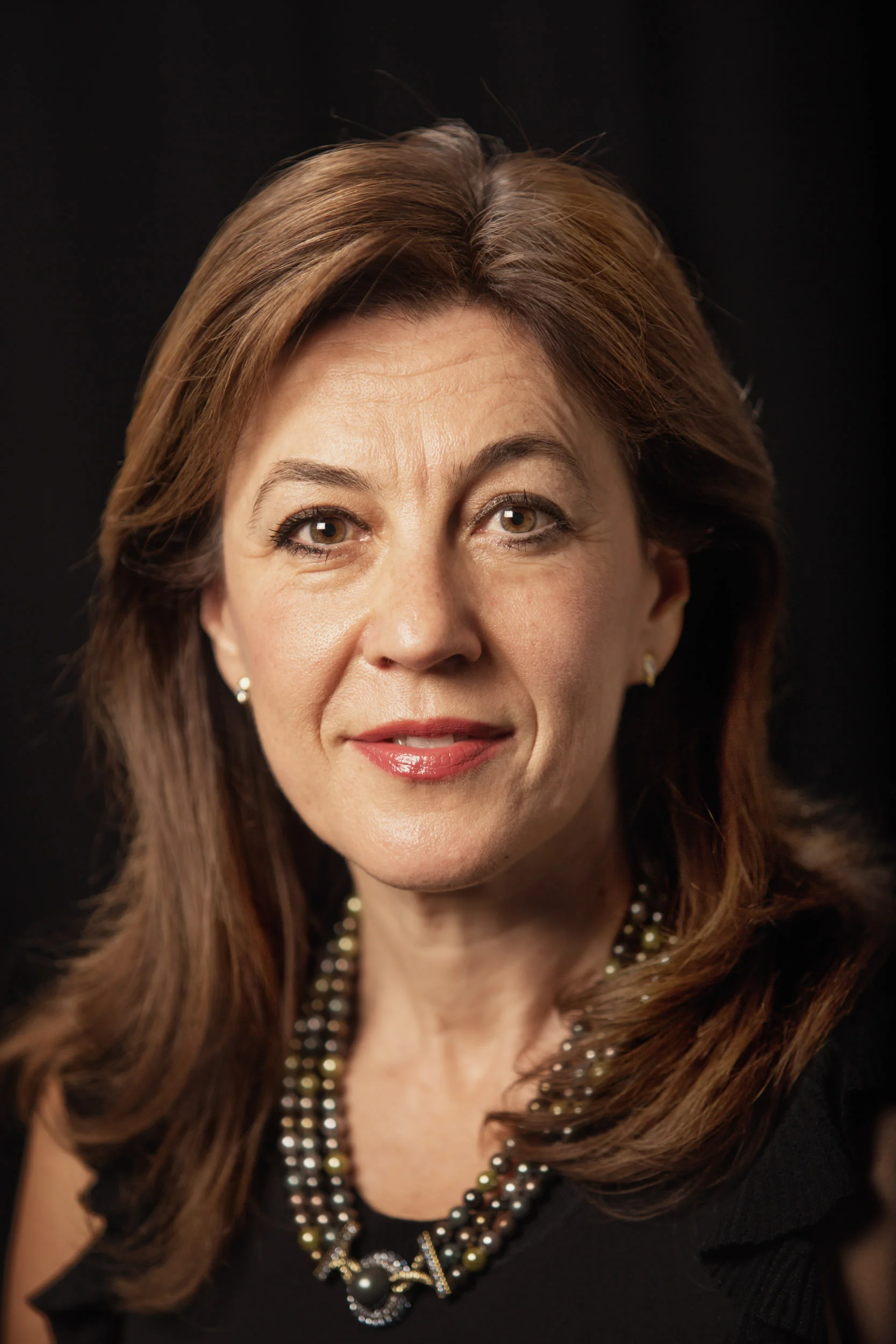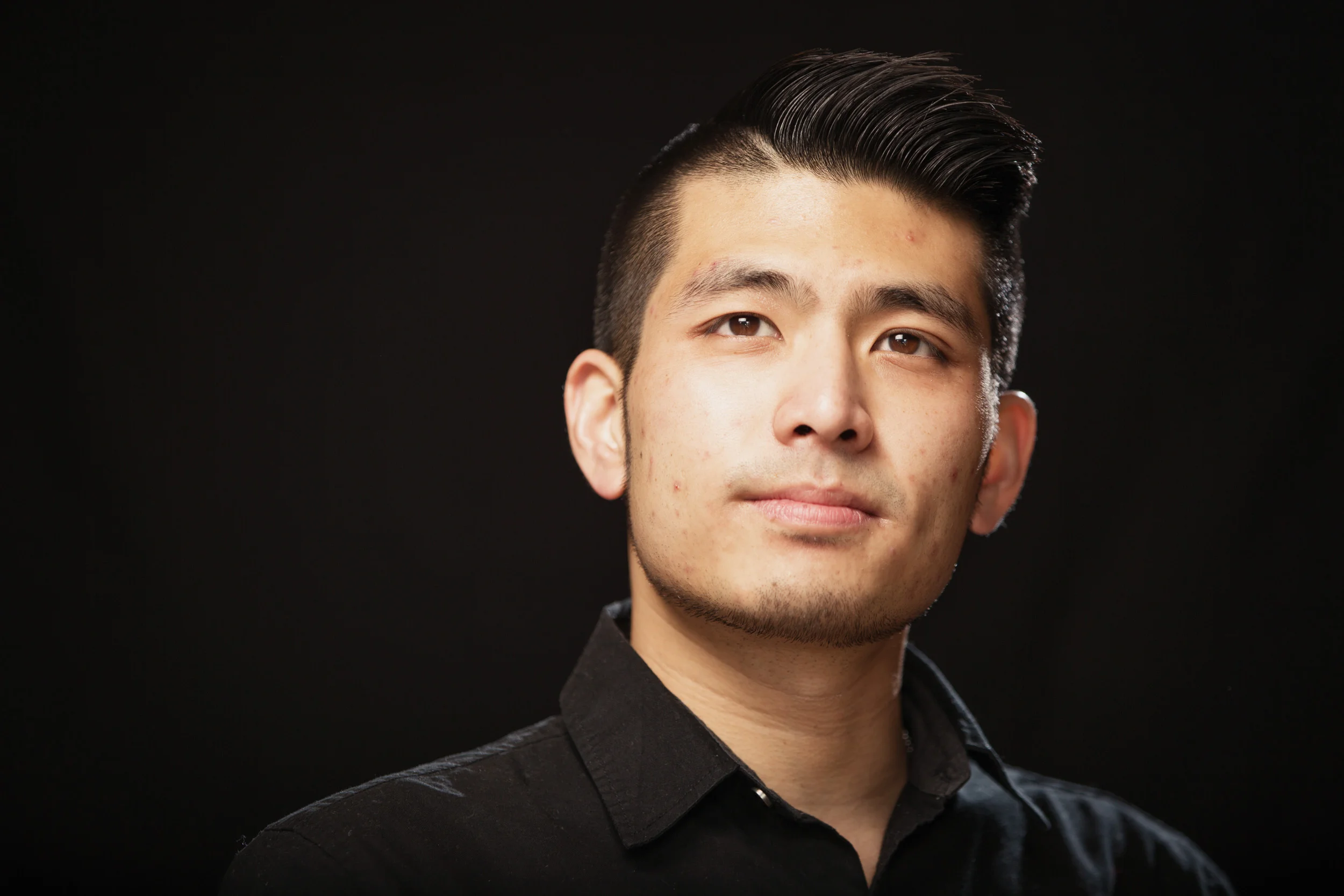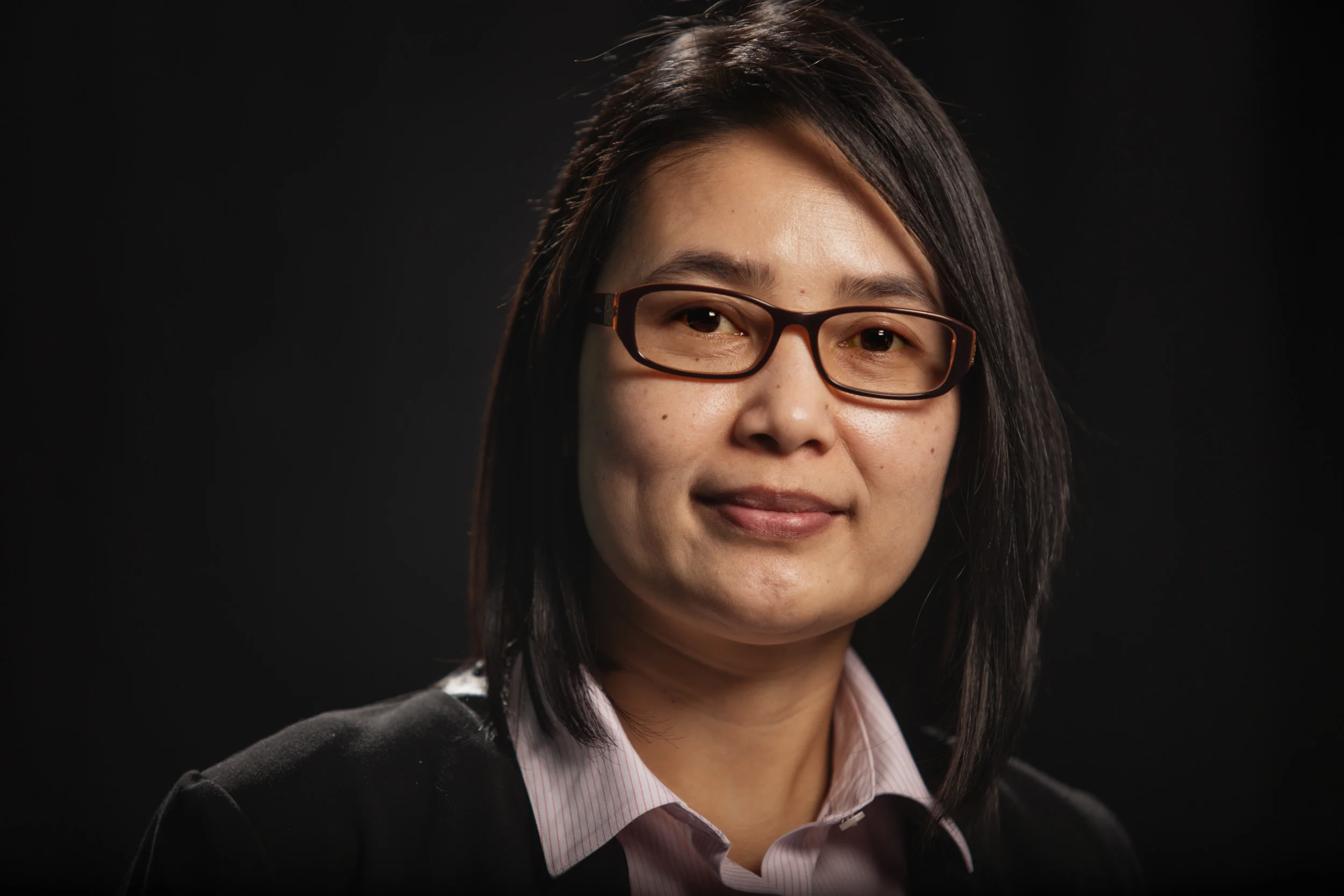YO-YO MA, FRANCE
Yo-Yo Ma’s multi-faceted career is testament to his enduring belief in culture’s power to generate trust and understanding. Whether performing new or familiar works from the cello repertoire, collaborating with communities and institutions to explore culture’s social impact, or engaging unexpected musical forms, Mr. Ma strives to foster connections that stimulate the imagination and reinforce our humanity.
Mr. Ma maintains a balance between engagements as a soloist with orchestras, recital and chamber music activities, and collaborations with a wide circle of artists and institutions. With partners from around the world and across disciplines, Mr. Ma creates programs that stretch the boundaries of genre and tradition to explore music-making as a means not only to share and express meaning, but also as a model for the cultural collaboration he considers essential to a strong society.
Yo-Yo Ma was born in 1955 to Chinese parents living in Paris. He began to study the cello with his father at age four and three years later moved with his family to New York City, where he continued his cello studies with Leonard Rose at the Juilliard School. After his conservatory training, he sought out a liberal arts education, graduating from Harvard University with a degree in anthropology in 1976. He has received numerous awards, including the National Medal of the Arts (2001), the Presidential Medal of Freedom (2010), Kennedy Center Honors (2011), and the J. Paul Getty Medal Award (2016). He has performed for eight American presidents, most recently at the invitation of President Obama on the occasion of the 56th Inaugural Ceremony.
NANO RAIES, SYRIA
"Music has always been a deep-rooted passion that I never dared to touch upon until the war in Syria taught me that life is worth living. My passion for music became the most precious and empowering aspect of my life. I still remember how I always spent my time dreaming of singing while commuting by bus between Aleppo, where I studied architecture, and Homs my hometown."
"Homs is a small town where various kinds of boundaries are placed on female potential and creativity. Growing up there, I wasn't allowed to think of music as a future career. The influence of family, society and culture forced me to take music as a hobby, and as such, I was forced into choosing a different path. When the war broke out, I witnessed my family lose everything, and friends and people dying. At that moment I understood that my dream of having a career in music was the only thing worth living for and the only thing that no one could take away from me, and achieving it became my first priority."
"In the mist of the ongoing devastating civil war in Syria, I kept a promise I made to myself, which was to not stop taking singing classes under any circumstance. During the war, every Wednesday, I would travel from Homs my home town to Damascus the capital, through war zones, just to take an hour private singing class."
"I fought my way and made it to Berklee College of Music, the first step in my dream. I want to be an example for those who have been through war and strife to believe that nothing is impossible."
SEMYON DUKACH, RUSSIA
Born in Moscow, Semyon Dukach moved to the US in 1979 at the age of 11. His first claim to fame came as a player on the MIT Blackjack team whose exploits were chronicled in the famous book Busting Vegas and the movie “21.” These days, Semyon Dukach makes his living as an angel investor, working on a new project, One Way Ventures — a venture capital fund specifically for immigrant founders.
“Our investment strategy at One Way Ventures is to only back technology founders who are immigrants themselves, who have had that experience of immigration because the immigration experience itself is an entrepreneurial experience – immigrants only go one way. They don't really have a choice of going back."
“We were part of a wave of Jewish immigrants. My father's father was actually executed. So, it was a real intense level of adversity. But for me, I would say just the sheer propaganda, being asked how many books you have about Lenin in your house and being mocked in front of the class for not having enough.”
“I remember arriving at JFK Airport in New York. I remember being driven to New Jersey on a long bus ride where my father managed to communicate using mostly hand gestures for the driver. I distinctly remember the first stop, where we got some burgers, and the extreme fear and shock on my father's face when he went in there with a $10 bill and got burgers for the four of us and came out with some change, because I think he had $100 total."
JENNIFER HYOJE-RYU KENTY, SOUTH KOREA
Farmer | Alexander Farm
WILFRED MBAH, CAMEROON
Alderman-at-Large | City of Somerville
Originally from a small city in Cameroon, Will received his bachelor’s degree from the University of Buea, where he was also an advocate for student rights during frequent periods of campus unrest. Will earned a master’s degree in Sweden in environmental science. Seeking greater economic opportunity, Will immigrated to the U.S. through the green card lottery in 2010.
Will knows that Somerville is a community filled with stories like his. Like you, he fell in love with a community that welcomed his passion and investment. Like you, he knows what it is like to live on only several hundred dollars a month. His constant search for an affordable apartment was what motivated him to run for alderman-at-large.
“My goal is to help build a city where tenants, homeowners, youth, women, workers, citizens and immigrants are valued and can meaningfully participate in a democratic process, shape the development plan for their city, live in a healthy environment, and have access to quality jobs and housing.”
DR. PARDIS SABETI, IRAN
Computational biologist, medical geneticist and evolutionary geneticist, who developed a bioinformatic statistical method which identifies sections of the genome that have been subject to natural selection and an algorithm which explains the effects of genetics on the evolution of disease.
In 2014, Sabeti was part of a team which used advanced genomic sequencing technology to identify a single point of infection from an animal reservoir to a human in the Ebola outbreak in West Africa. The work led her to be named one of TIME Magazine's Persons of the Year in 2014 (Ebola Fighters), and one of its TIME 100 most influential people in 2015.
Sabeti is a full professor in the Center for Systems Biology and Department of Organismic and Evolutionary Biology at Harvard University and on the faculty of the Center for Communicable Disease Dynamics at the Harvard T.H. Chan School of Public Health, and is an institute member at the Broad Institute and an investigator of the Howard Hughes Medical Institute.
Sabeti is also the lead singer and a writer for the rock band Thousand Days.
Photo courtesy of Michael Ivins
DAVID ORTIZ, DOMINICAN REPUBLIC
Retired Red Sox Slugger and First Baseman
Nicknamed “Big Papi,” Ortiz is a ten-time major league All-Star, three-time World Series champion, and the all-time MLB record holder for home runs, RBIs, and hits by a designated hitter. In 2015, Ortiz was voted as one of the four greatest players in Boston Red Sox history — along with Ted Williams, Carl Yastrzemski, and Pedro Martinez—by Red Sox fans.
"I learned that nothing comes easy. When coming to the States from a different country, you have to make sure to have your A game every day. There is no room for failure or else they may give up on you. My family taught me hard work and education are the keys to life, and I can say now that those two ideas made me who I am today. I am a better person and player because of the way I was raised and the different cultures I learned and adapted to."
JENNIS PEREZ, CUBA
Jennis Perez was in her fifth year studying law in Cuba when she left her home in Camaguey and headed for the United States. Like centuries of immigrants before her, Perez came to Boston looking for a better life for her and her 7-year-old daughter, Mia. “ I have many big dreams. I would like to have my own business. I would like to see my daughter become a strong and important woman.” Perez traveled for six harrowing months before reaching the US – much of it on foot – much of it at the mercy of smugglers. The 3000-mile land route through Ecuador has been a well-worn route for Cubans. But Jennis was among the final waves admitted into the country under the “wet foot/dry foot” policy. “I hope I can do all my dreams, but I’m scared." Perez said, referencing the current conversations surrounding immigration policy. "I’m an immigrant.” Perez is currently working as a cleaner in office buildings in the Back Bay.
THAER ABDALLAH | IRAQ
Thaer Abdallah is a Palestinian artist and human rights advocate born in Baghdad but for Thaer, home is a very unsettled concept. As a Palestinian born in Iraq he could not claim Iraqi citizenship, hold a passport, vote or own property. After the fall of Saddam Hussein Thaer led a group of Palestinian refugees to Syria fleeing targeted attacks by Iraqi security forces and Shi’a militias. It was the beginning of years on the run - Iraq to Syria and back again. Cycles of prison, torture and deportations became the norm. In the midst of his dislocation, Thaer made a point of continuing to create art, teaching children in the Al Waleed Refugee Camp how to paint using the walls of their tents as canvases. “I have painted and drawn since I was a child when I discovered that art was a world so much larger than the one room which I shared with my parents and ten siblings. Today, I use art to express the pain and strength of my community in Baghdad and of those scattered as refugees in many corners of the world. Life does not stop, and it is still beautiful.” Thaer arrived in Boston in 2008 where he makes his home and became a citizen in 2011.
HASEEB HOSEIN, TRINIDAD
Haseeb Hosein is Boston first Muslim Police captain, supervising the B-3 District of Mattapan/Roxbury. "I came to the United States from Trinidad in 1972, I was ten years old. My parents migrated to Boston thinking it would be a good place to raise children. They bought a three family home and we all grew up in Dorchester. Growing up in Trinidad was comfortable. My father worked for the telephone company. My mother used to make clothes that she was able to sell. We had a roof over our head, we had running water, food was not an issue and safety was not an issue. But the educational opportunites and ability to provide for your family was greater in the United States."
"The ability to see the constitution at work every day is a beautiful thing. Immigrants see the constitution, they see the rights, they see the freedoms that America has and they see it as a beacon of hope. Often in their countries [immigrants] are not afforded their due process rights or the rights to speak out against the government. As an individual tasked with the responsibility of protecting those constitutional guarantees, it's rewarding. But we've become complacent. We've become a society that takes it for granted. When that starts to happen I think we unravel."
"I believe in America. I've been in this country 45 years, I've experienced the hope that this country has. I've lived that hope, I've lived through the opportunities. I can tell you that anyone can grow into becoming a police captain. Any citizen can grow into becoming the CEO of an organization. As an immigrant I am a living example of the greatness of this country."
LINDA DORCENA FORRY, HAITIAN
Vice President of Diversity, Suffolk Construction and former Massachusetts State Senator representing 1st Suffolk District
EVA MILLONA, ALBANIA
Executive Director | Massachusetts Immigrant and Refugee Advocacy Coalition
Eva Millona, executive director of the Massachusetts Immigrant and Refugee Advocacy Coalition, grew up in Tirana, the capital of Albania. She followed three generations of her family who have lived in the United States, including her grandparents, who lived in Belmont.
After directing a Worcester community project assisting with a surge in immigrants from the Balkans in the 1990s, she joined the staff at MIRA as policy director and became executive director in 2008.
"The favorite part of my job is when we see policies put in place or budget items passed or anti-immigrant legislation defeated or helping the community as a whole. We believe that integration is a great cause. So just helping them to integrate, better learn the language, better learn the skills, be part of the workforce, and be contributors is the best part of my job."
One of my happiest days was getting citizenship. It was a wonderful day for me. That was 2001 at a ceremony at the JFK government center in Boston. It was a dream come true. My ancestors had been here for four generations and I waited a long time to become a U.S. citizen, and I feel I belong here more than I belong there.
DAVID LEONARD, IRELAND
David Leonard, President of the Boston Public Library left his home in Dublin, Ireland in September of 1992 and came to the US to study philosophy at Boston College. “I was looking for the next chapter of my life. I had come out during my undergraduate years as a gay man, and felt that Dublin, which was still a pretty conservative place at the time, was a little small. It was important to me that where I went next was somewhere where I could be myself, where I could be accepted, and carve out what my life was going to be like. Over the 25 years I've spent here so far I've had opportunities to spend a lot of time in different parts of the country, and while there are many different cultures or identities, at the end of the day, if you can sit down with someone and have a drink, or have a coffee, and get to know them, that's a richer experience than much of our national politics seems to indicate."
“Change is difficult. Loss is difficult. People have had to leave their home countries because of whatever difficult situation that was. But equally there are those within our own country today feel that they have lost a piece of their way of life. Whether it's the changing manufacturing landscape. Whether it's the changing nature of work itself. Whether it's the onset of the internet, communications revolution... This is a basis for common ground and for coming up with shared solutions - one that addresses the needs of everybody who is a contributing member of society.. And not a basis for pitting one group [immigrant vs. native born] against another.”
JIRAYUT "NEW" LATTHIVONGSKORN, THAILAND
"Dreamer" and Medical School Student | Harvard School of Public Health
/id="umeleni"
U-Meleni Mhlaba-Adebo, Zimbabwe
U-Meleni’s name means,“What are you waiting for,” in the African Ndebele-Zulu language. Her dream is to share her message on stages around the world and to one day soon start a non profit initative that provides financial support to individuals, families that are dealing with mental health in Zimbabwe.
She is a multi-talented academic and creative sensation who is a multi-award winning international best-selling author and Top 10 charted soul singer. She has delivered several hundred high impact workshops taught through the mediums of poetry, the spoken word, music, film and theatre.
U-Meleni has been honored with a host of awards over the years from organizations including; Roxbury Community College Teaching and Learning Center,Massachusetts, The Binnacle, the literary and art magazine at The University of Maine at Machias, Boston Public Health Commission Adolescent Wellness Program, The National Society of Black Engineers, N.S.B.E., American Idol Underground and Live. Love.Fashion.
The acclaimed artist and ardent supporter of empowering teaching, artistic and sporting methods for over 16 years, has performed on some of the most prestigious stages in the world from Harvard University and Boston Opera House to The Museum of Fine Arts Boston and The Institute of Contemporary Art Boston plus dozens more renowned venues including the Africa University, Zimbabwe.
ThiThi Aye, Burma
Operations Supervisor | Brooks Brothers
Mohamad Ali, Guyana
CEO | Carbonite
Daniel Bojorquez, Mexico
Executive Chef | La Brassa
Growing up in Hermosillo, the capital city of Sonora, Mexico, Daniel Bojorquez got an early start in the kitchen. Under his grandmother’s watchful eye, he ground local corn and mixed dough, which she would then press and fry into tortillas. Bojorquez eventually graduated from masa to carne asada—a dish from the grill, for which his home state is well known—and found the dance of the flame too hard to resist.
After spending a year living on a ranch, where hunting wild game and making fresh cheese were de rigueur, Bojorquez enrolled at the Culinary Institute of Puebla in Mexico City. Following his studies, he relocated to Boston, where he started cooking at both UpStairs on the Square and Aquitaine, before taking over the kitchen at Masa. He then made his way to L’Espalier, where he worked for seven years under Chef Frank McClelland, only to move to another McClelland venture, Sel de la Terre Natick, as executive chef. While he still counts McClelland his mentor, Chef Bojorquez’ current restaurant, La Brasa, is all his own. La Brasa takes its name from the Spanish term for the fiery embers that remain after grilling—something Bojorquez knows well, since the hot line is entirely wood-fueled and everything (even boiling water) is cooked over an open flame. He’s also combining flavors in unexpected ways, pulling from his training, as well as the culinary traditions of Mexico, Peru and the Middle East, to create dishes that feel at once exotic and wholly comforting.

















